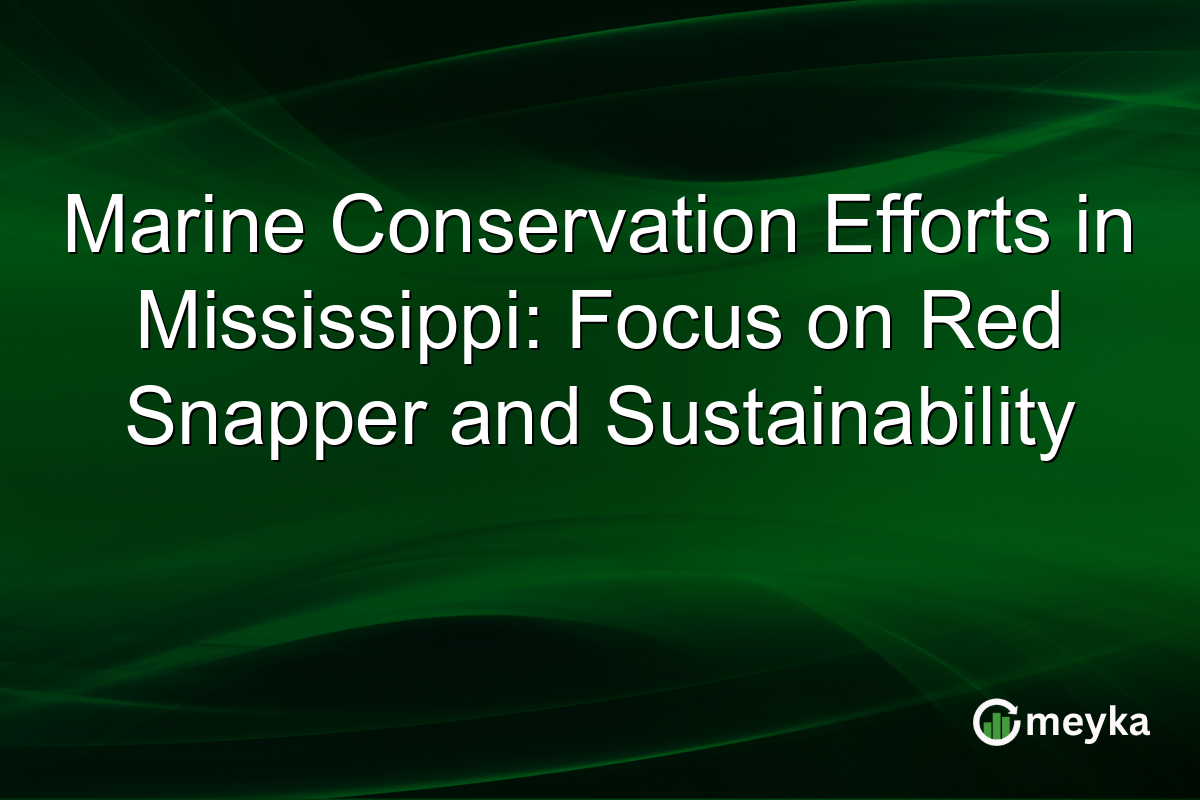Marine Conservation Efforts in Mississippi: Focus on Red Snapper and Sustainability
Marine conservation in Mississippi has become a focal point for environmental and economic discussions. With the Gulf of Mexico as a major resource, the Mississippi Department of Marine Resources (MDMR) actively promotes efforts to safeguard marine ecosystems. These initiatives focus heavily on species like the Red Snapper, crucial for maintaining ecological balance and supporting local fisheries. As conservation becomes more urgent, understanding these endeavors is vital for stakeholders and enthusiasts alike.
Continue Reading on Meyka
This article is available in full on our main platform. Get access to complete analysis, stock insights, and more.
Read Full Article →





